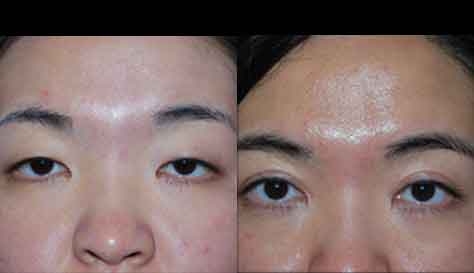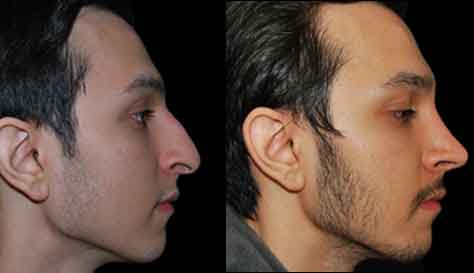Cosmelan MD
Conveniently located to serve the areas of New Jersey and New York

Cosmelan is the most advanced medical treatment available for depigmentation. It’s highly effective, yet gentle formula treats all types of hyperpigmentation, including pregnancy masks and photo damage. I have also attached before and after photos from the treatment.
Contents
- 1 How does it work?
- 2 Other features/benefits:
- 3 FAQ
- 3.1 What do I need to avoid before surgery?
- 3.2 What about my daily medications before surgery?
- 3.3 What happens after surgery?
- 3.4 Are there any dietary restrictions following surgery?
- 3.5 When will my stitches be taken out?
- 3.6 How soon will I be able to exercise?
- 3.7 When will I be able to see the results?
- 3.8 What is special about the way Dr. Ovchinsky does the surgery?
How does it work?
It gently breaks up the pigment on the surface of the skin, and suppresses the pigment deep within so it does not surface. The complex formula uses 51 active ingredients, including Azelaic Acid, Kojic Acid, Arbutin, Phytic Acid and other numerous Tyrosinase Inhibitors, lightening agents, anti-inflammatory and hydrating ingredients, to maximize the inhibition of the melanogenesis process and paralyze melanin production. So it literally blocks the body’s biological process that causes skin discoloration and prevents it from reoccurring.
Other features/benefits:
- Delivers effective results without being too aggressive.
- Is safe and gentle enough to use on all skin types, year-round.
- Also available in Prescription Strength if desired.
FAQ
What do I need to avoid before surgery?
If you are on “blood thinners,” you will be asked to stop them approximately one week prior to surgery. We also ask that you avoid certain over-the-counter medications. If you are taking some herbal supplements, you should stop those as well as they may contain blood thinning substances. Also, you have to completely quit smoking at least two weeks before surgery.
What about my daily medications before surgery?
You will have a preoperative appointment well in advance of your surgery when we will review all mediations with you. If you are on “blood thinners,” you will be asked to stop them approximately one week prior to surgery. We also ask that you avoid certain over-the-counter medications. You may continue taking most routine medications up until the morning of surgery with a small sip of water.
What happens after surgery?
You will go to the recovery room for a few hours until you are fully recovered from anesthesia. Once you are stable you will be taken home (or to a hotel) by your family member or a friend. You will want to stay relaxed for the first few days. You will need to keep your head elevated when in bed to help with faster resolution of swelling. You should begin to start walking, eating, and using the restroom the day after surgery. Your activity can slowly increase each day but it will take up to 2 weeks before you start to feel like your old self again. You should avoid any strenuous activity for 4 weeks. You will need to take medication prescribed to you by Dr. Ovchinsky, which usually include antibiotics, pain medicine, antibiotic ointment for the incisions, and occasionally anti-nausea medications.
Are there any dietary restrictions following surgery?
No. Patients can eat whatever they want. Advance your diet from liquids (fruit juice, milk shake, etc.) to soft food (pudding, macaroni and cheese, mashed potatoes and gravy, oatmeal, pasta) to solids as tolerated. To prevent dehydration, please drink as much juices and nutritional fluid as possible.
When will my stitches be taken out?
Stitches are normally removed five to six days after your surgery.
How soon will I be able to exercise?
Dr. Ovchinsky recommends that patients do not return to exercise for three weeks after their procedure.
When will I be able to see the results?
You may see the difference right away, and more so once the swelling goes down within the first one to two weeks. As with any surgical procedure, it takes anywhere from 6 to 12 months for the results to become final.
What is special about the way Dr. Ovchinsky does the surgery?
Dr. Ovchinsky tailors his surgical technique to an individual patient rather than using the same “run of the mill” surgery on everybody. The technique he uses causes minimal pain, has natural results, and is long-lasting. The vast majority of patients are quite surprised afterward at how little discomfort they have and how quickly they return to normal activity. Most patients have minimal bruising. Finally, with Dr. Ovchinsky technique and attention to details during skin closure, scars are typically minimal and are often difficult to see once they have fully matured.





